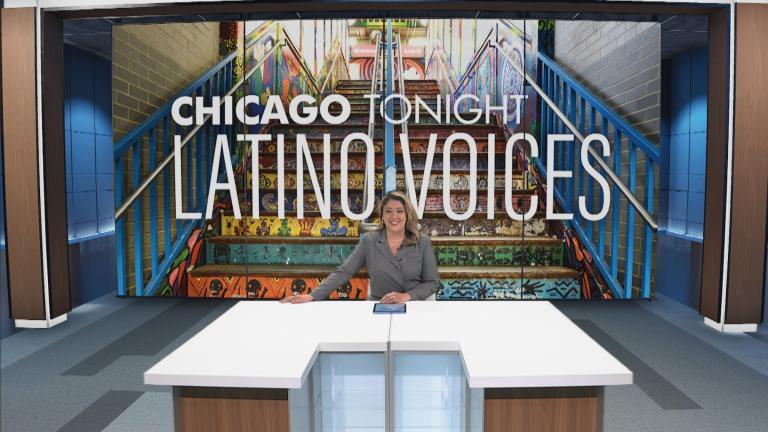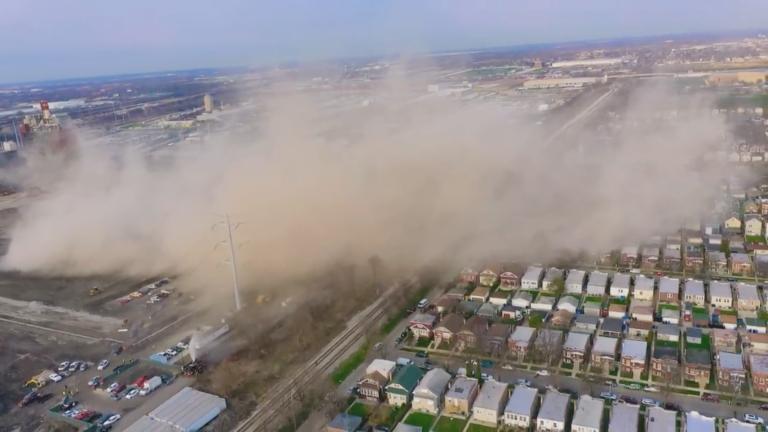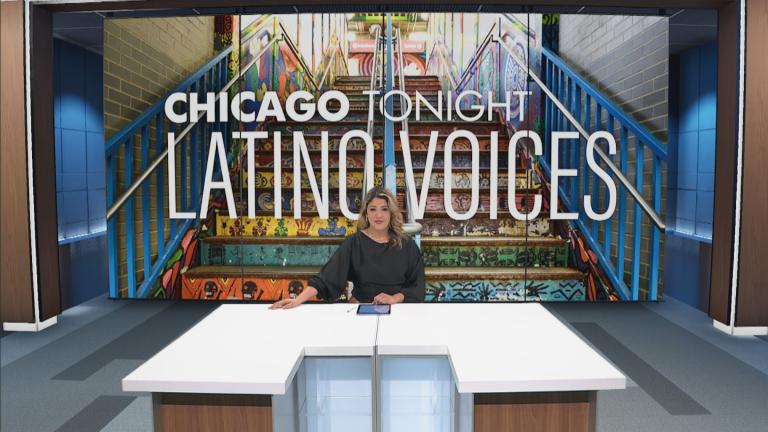Illinois is set to become the first state in the nation to entirely eliminate cash bail.
This is after the Illinois Supreme Court upheld a contentious portion of the criminal justice reform law known as the SAFE-T Act.
It’ll take effect statewide beginning Sept. 18.
“Illinois is really leading the way in the country with systematically addressing harms that come from our pretrial legal system,” said Era Laudermilk, chief of staff for the Cook County Public Defender’s Office. “I say harms because that was really what was the impetus behind the push for this. It’s the harm that we’ve seen that pretrial incarceration does to members of the communities, to families. Under our current system, a lot of people are held pretrial simply because they didn’t have access to the financial resources to pay for their bond. A bad decision to make them pay for their bond is often made in a very quick bond court hearing.”
So what exactly will this new measure look like in practice?
“It means that we’re going to have a much more intentional hearing process where a judge can evaluate whether or not an individual poses a significant risk to the community, and that will be the decision for whether or not they’re held pretrial,” Laudermilk said. “In our current system, if that determination is made and someone has access to resources, they’re able to pay a cash amount and buy their freedom. That’s not gonna be the case under the new law. Money is completely removed from the equation. Instead, there are other conditions that a judge may impose when he’s making a consideration of whether or not this individual poses a threat or risk to safety in the community.”
Several dozen organizations that serve immigrants, including the Resurrection Project, have been active in supporting the elimination of cash bail.
“Oftentimes detaining folks before pretrial, independent of whether they’re guilty or innocent, will lead into harsher convictions,” said Ere Rendón, vice president of immigrant justice at The Resurrection Project. “Harsher convictions have a really bad effect in the immigrant community, oftentimes leading to deportations even for folks that are legal permanent residents for instance. We want to make sure that folks are able to, regardless of whether they can pay or not, consult with an attorney. Oftentimes for immigrants, it means consulting with both a defense attorney and an immigration attorney.”
State Sen. John Curran (R-Lemont) is calling for a special session to make more tweaks to the law, particularly in hopes to give judges more leeway to hold violent offenders.
Laudermilk points to the “several” categories of offenses that are built into the law for which a judge can decide a person is not going to be released.
“They (the categories) were a result of years of careful thought and negotiations with law enforcement and other court stakeholders,” Laudermilk said. “Some categories of offenses would include all non-probation offenses that are for gun-related felonies, all stalking charges, sex crimes, all domestic violence charges, all forcible felonies. So there are several categories of offenses where the state may ask a judge to consider holding somebody pretrial based on the potential harm to the community.”








